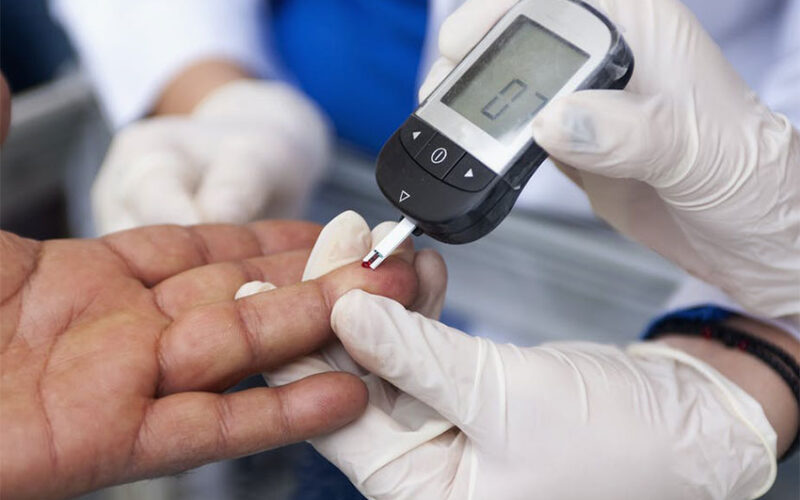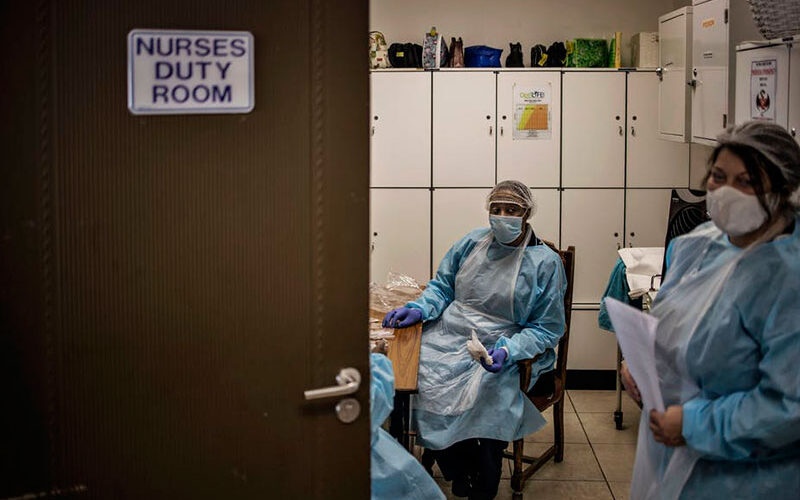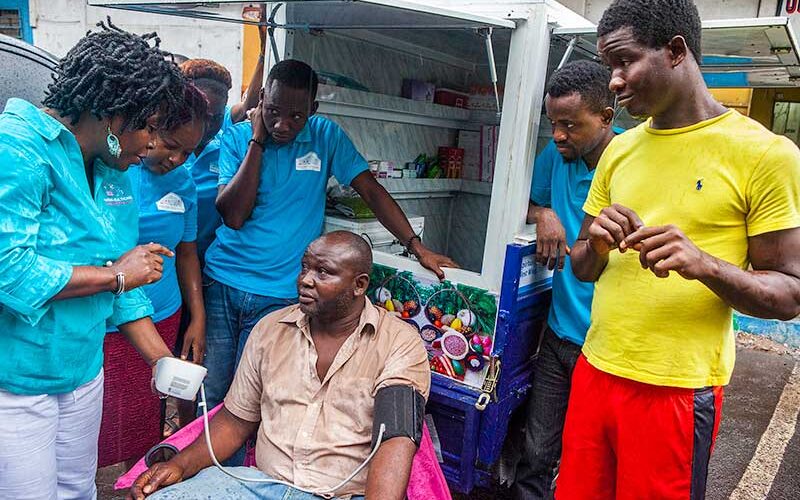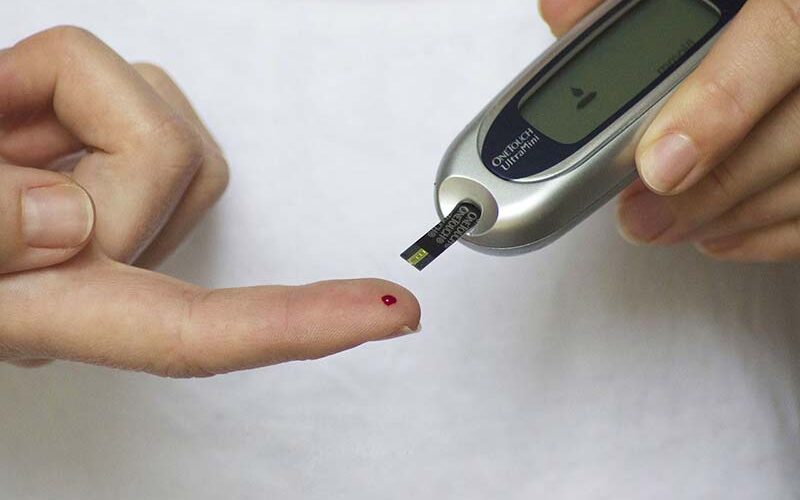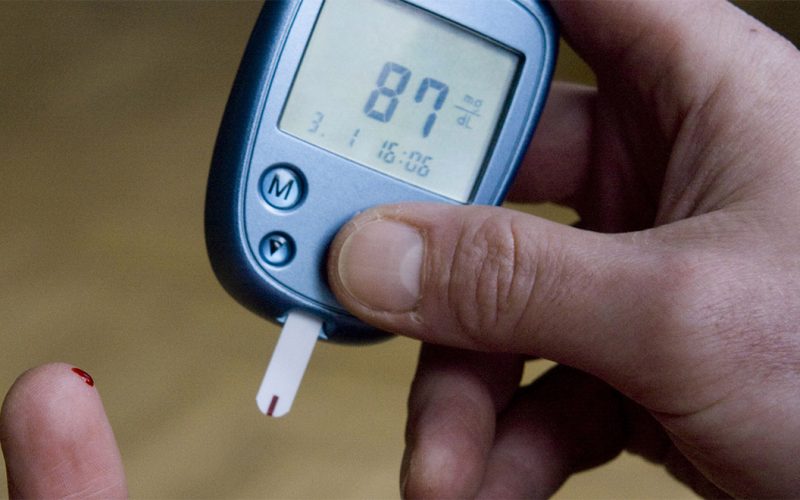
South Africa has more than 4 million people living with diabetes – many aren’t getting proper treatment
DIABETS is a chronic condition that affects how the body turns food into energy. In South Africa, there has been a notable rise in the prevalence of type 2 diabetes in recent years, due to changing diets. People are consuming more processed foods, sugary drinks and high-calorie meals. Other factors are the lack of physical activity and high levels of obesity. PATRICK NGASSA PIOTIE, Project Manager, University of Pretoria Diabetes Research Centre, University of Pretoria Type 2 diabetes is the most common form, making up 90% of cases. With this type, the body produces insulin but can’t use it effectively.…


